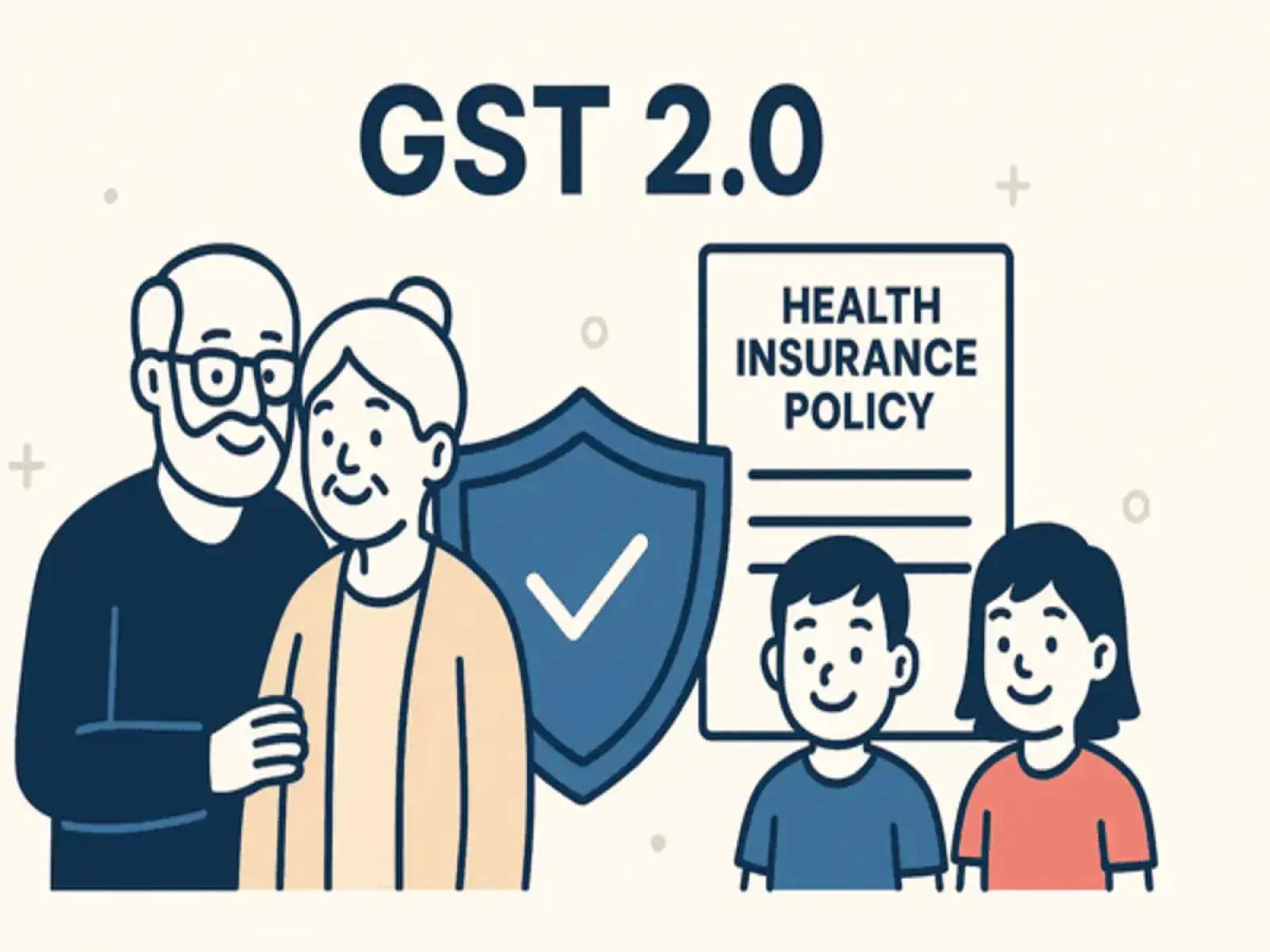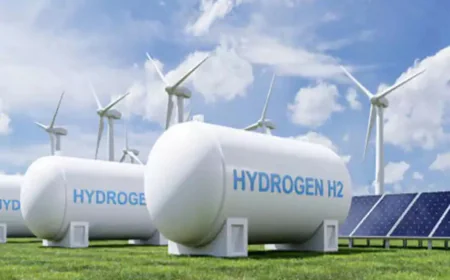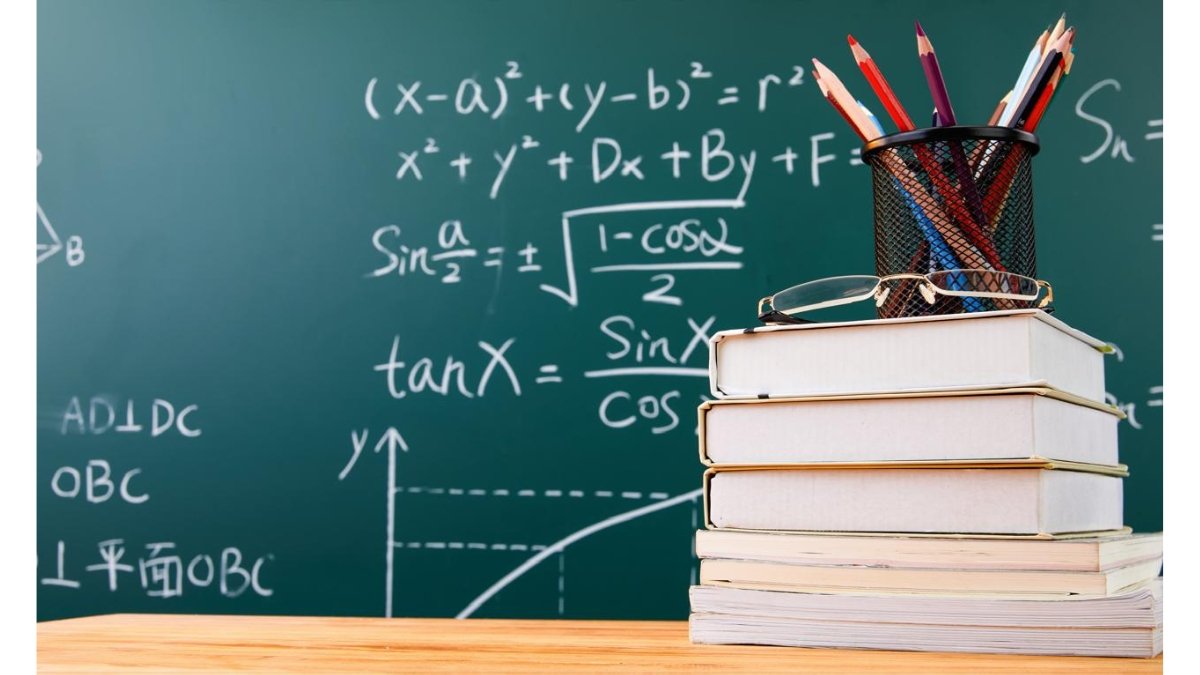GST 2.0: Tax Slashed on 413 Items, Relief Expected in Food, Health, Insurance Sectors
GST 2.0: Under GST 2.0, tax rates were reduced on 413 out of 453 items, while increased on only 40. Tax on 295 essential items, especially food items, has been reduced from 12% to 5% or zero. This can reduce retail inflation by 0.75% by 2026-27. According to the SBI report, this will not affect the fiscal deficit, and the insurance sector will also get double relief.

Rates of 413 out of 453 items have been reduced in GST 2.0. Tax has been increased on only 40 goods. There are about 295 such items on which only 5% or zero tax has been imposed instead of 12%. The SBI report estimates that the government will have a loss of only Rs 25,794 crore in 2026-27. A loss of only Rs 3,700 crore is estimated between the 6 months (October-March) of the current financial year. The report says that most of the 295 essential commodities on which the GST rate has been reduced from 12 to 5% or zero are food items.
In such a situation, retail inflation from this sector can come down by 0.25 to 0.30% in 2026-27. Rationalizing the rates of services is also expected to reduce inflation by 0.40 to 0.45%. In this way, a total reduction of 0.75% is expected. In the current financial year, the government will have a total loss of Rs 48,000 crore. But on the basis of an increase in consumption, it will be reduced to only Rs 3,700 crore in net terms. It will have no impact on the fiscal deficit. In the insurance sector, the abolition of GST will help in two ways. First, existing families can increase the sum assured in health insurance. Second, health and term insurance can attract first-time insurance buyers.
According to the report, there are 38 items that were taxed at 12%, but now it has become zero. Two items have been taxed from 18% to 5%. 9 items have been brought in the range of 5% to zero. 257 items were taxed at 12%. Now it has come down to 5%. 56 items have been brought in the range of 18 to 5%. 29 have been brought in the range of 28 to 18%. In IGST, 20 items have been taxed from 18 to zero.
The GST rate on tobacco products was 14%+14%=28%. There was also a cess of 11 to 290%. Tobacco cess is likely to continue until the compensation cess is abolished. However, state excise duty on tobacco and alcohol can be imposed without the approval of the GST Council.
There are 17 items on which there was a 28% tax. Now it has been increased to 40%. 19 items have been brought down from 12% to 18%. Tax has been reduced from 18% to 5% on 56 items. Tax on 29 items has been reduced from 28% to 18%. Most relief has been given in the food sector. In this, 47 items have been brought under the 5% category from 12%. 23 have been brought down from 18 to 5%. There is zero tax on 5 items, which was 5% earlier.
In renewable energy, tax on 40 items has been reduced from 12 to 5%. In health, tax on 33 items has been reduced from 12 to zero, and on 25 items, tax has been reduced from 12 to 5%. Tax on 17 items in fertilizers has been reduced from 18% to 5%.
Relief has been given on 31 items related to the common man. In this, the tax of 12% on 25 has been reduced to 5%. Tax on 6 has been reduced from 18% to 5%. Tax on 17 items in transport has been reduced from 28% to 18%.
There will be a total loss of Rs 1,11,600 crore in 2026-27. Revenue will increase by 54,000 crore by increasing taxes. Tax revenue will increase by 31,806 crore. The net loss will be 25,794 crore. However, during this period, the total consumption will also increase by Rs 3,34,800 crore.













































































